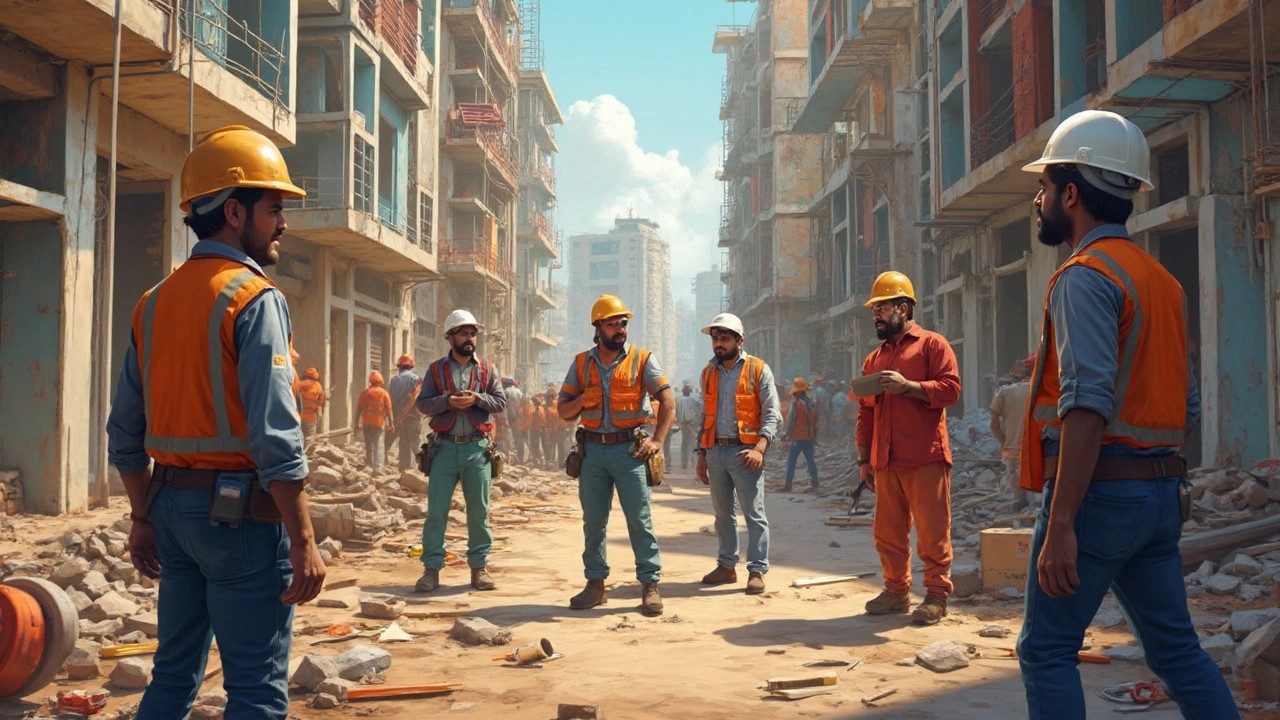Trade Skills in Construction: What You Need to Know
When you think of trade skills, practical, hands-on abilities used in skilled labor jobs, especially in construction and manufacturing. Also known as hands-on construction trades, it isn’t about sitting at a desk—it’s about getting your hands dirty, solving real problems with tools, and building things that last. These are the jobs that keep homes standing, bridges safe, and cities running. And right now, they’re some of the most in-demand—and best-paying—roles in the economy.
Trade skills cover a wide range of roles, from crane operators, professionals who control heavy machinery to lift and move materials on construction sites, to industrial electricians, workers who install and maintain electrical systems in factories, warehouses, and large buildings. Then there are pipefitters, blasters, welders, and foundation specialists—all of whom rely on years of training, not just a diploma. These aren’t side gigs. They’re careers with real earning power. In 2025, top-tier trade workers are clearing $70,000 or more annually, often without needing to go into debt for a four-year degree.
What makes these skills so valuable? They’re specific, hard to automate, and always needed. You can’t outsource a welder fixing a steel beam or a pipefitter rerouting a sewer line under a new building. And when foundation cracks show up or mixed-use buildings need fire separations, it’s the trade professionals who step in. Whether it’s knowing when to tile walls before floors in a bathroom remodel or understanding why drilling into new build walls requires special tools, these jobs demand precision, experience, and judgment.
You’ll find posts here that break down what the highest-paying construction jobs really look like, how different construction types affect project costs, and why some repairs—like foundation fixes—can make or break a home’s value. You’ll also see how commercial and industrial construction differ, what licenses you need to work legally, and how to save money without cutting corners. This isn’t theory. It’s what the people on-site actually do every day. If you’re curious about building careers that pay well, offer stability, and give you real control over your future, you’re in the right place.





